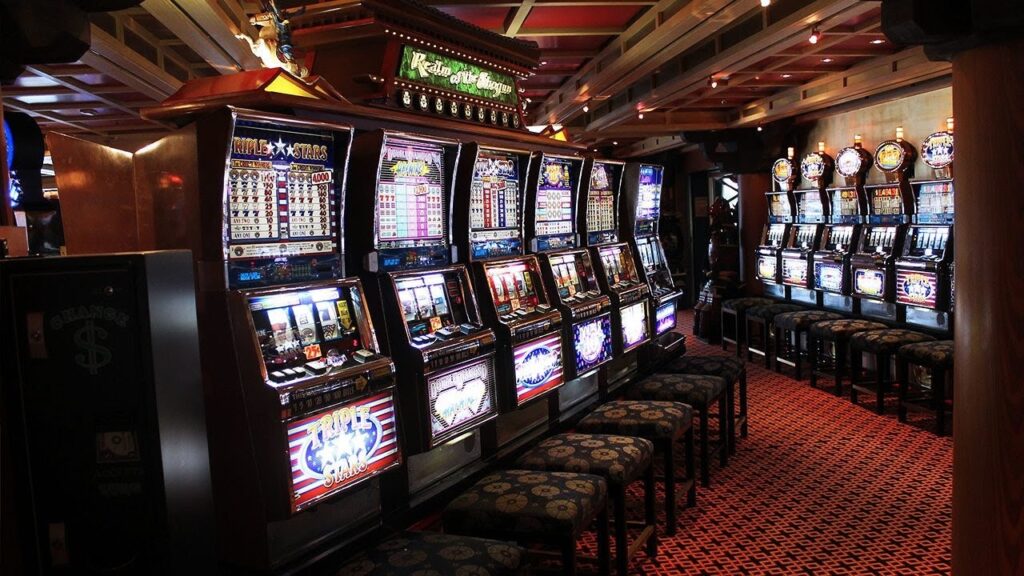The Power and Impact of Modern Slot Machines
In the landscape of legalized gambling in the United States, modern slot machines stand out as the driving force behind expansive campaigns. These contemporary devices, featuring video screens, buttons, and player loyalty cards, contribute significantly to the industry’s revenue, surpassing all other games combined. However, beyond their revenue prowess, these slot machines are associated with a noteworthy concern – their disproportionate connection to problem gambling.
The Influence of Slot Machine Features: A Research Programme
Recognizing the impact of slot machines on gambling behavior, a comprehensive research program delves into the programming and features of these modern slots. Of particular focus is the free-spins bonus feature, a prominent aspect often overlooked by experimental research until now.
Experimenting with Player Preferences
A series of experiments aimed to unravel whether participants exhibit a preference for slot-machine simulations with a free-spins bonus feature. Results revealed a clear preference, especially when the free-spins feature incorporated heightened win rates, captivating music, animations, and graphics showcasing its presence. This preference persisted regardless of whether participants gambled with hypothetical money or credit exchangeable for tangible rewards.
Assessing Gambling Persistence
The research program also investigated whether the inclusion of free-spins features leads to increased gambling persistence, a characteristic associated with disordered gambling. A newly developed persistence-measuring task, adapted from Behavioral Momentum Theory research, sought to shed light on this aspect. Surprisingly, the free-spins feature did not cause participants to gamble more persistently.
Implications for Behavioral Momentum Theory and Slot Legislation
The findings of this research program carry implications for Behavioral Momentum Theory, challenging the sensitivity of comparing response rates during disruption to those during baseline. Moreover, the research suggests that limiting or removing free-spins features may impact player enjoyment without necessarily reducing persistent gambling. These insights become particularly relevant in the context of slot-machine legislation.
The Addictiveness of Modern Slots: Solitary, Continuous, Rapid Wagering
The addictiveness of modern slots lies in their ability to facilitate solitary, continuous, and rapid wagering. With the potential to complete a game every three to four seconds, the seamless transition from one game to the next can lead some gamblers to lose awareness of space, time, and monetary value.
Industry’s Role: Designing Behavioral Traps
While gambling industry leaders assert that addiction resides in individuals, not inanimate machines, their substantial investments in technology design to influence consumer behavior suggest otherwise. The industry’s endeavor, as reflected in the panel at a trade show, is to “Build a Better Mousetrap.” This underscores the ethical considerations surrounding the impact of modern slot machines on swerte999 individuals and society at large.
Civic Leaders and Ethical Alternatives
In light of the potential negative consequences associated with modern slot machines, civic leaders seeking to close budget gaps should consider ethical alternatives. The responsibility lies in finding avenues that prioritize the well-being of swerte999 individuals over capitalizing on potentially addictive traps.
In Conclusion: Navigating the Complex Landscape of Slot Machines and Gambling Behavior
As the allure of modern slots continues to shape the landscape of legalized gambling, understanding their intricate features and the associated impact on gambling behavior becomes paramount. Balancing the entertainment value with ethical considerations requires ongoing research, informed legislation, and a commitment to prioritizing the welfare of individuals within the swerte999 broader framework of the gaming industry.

